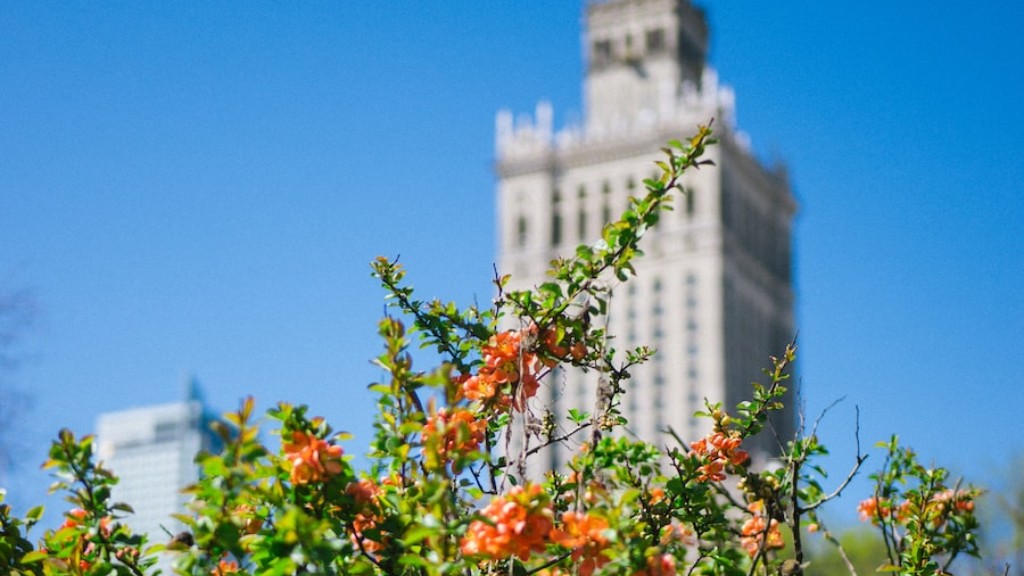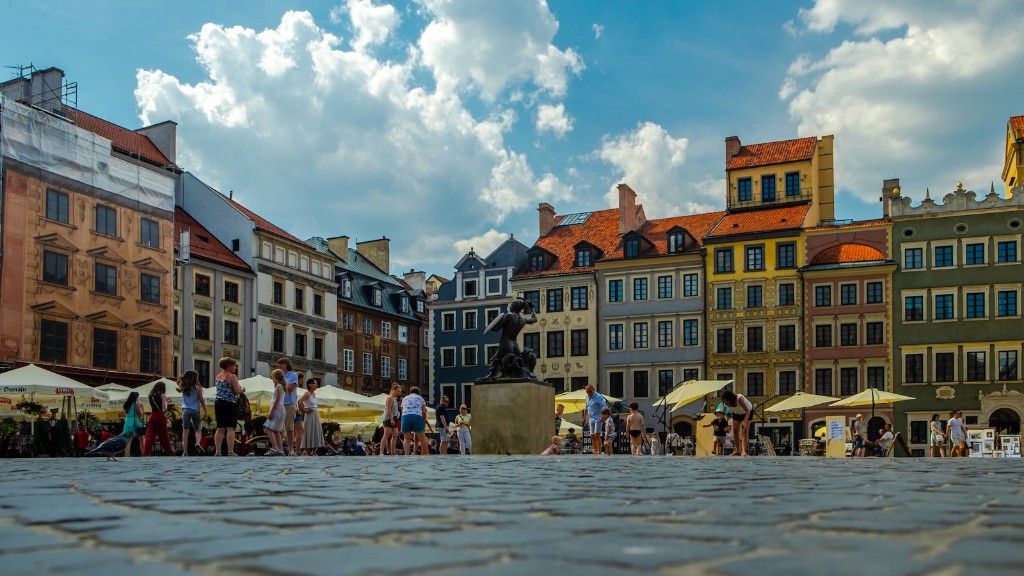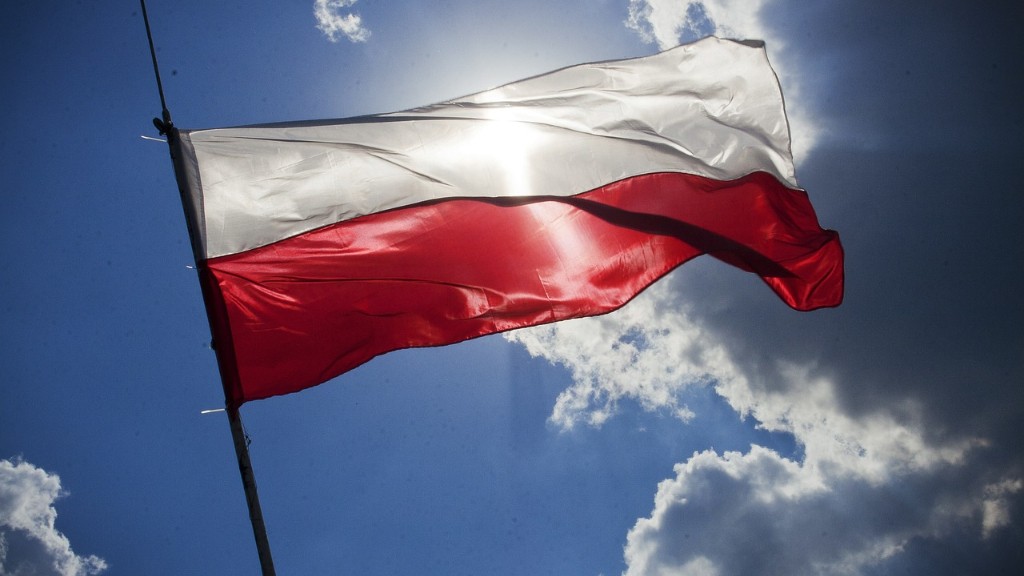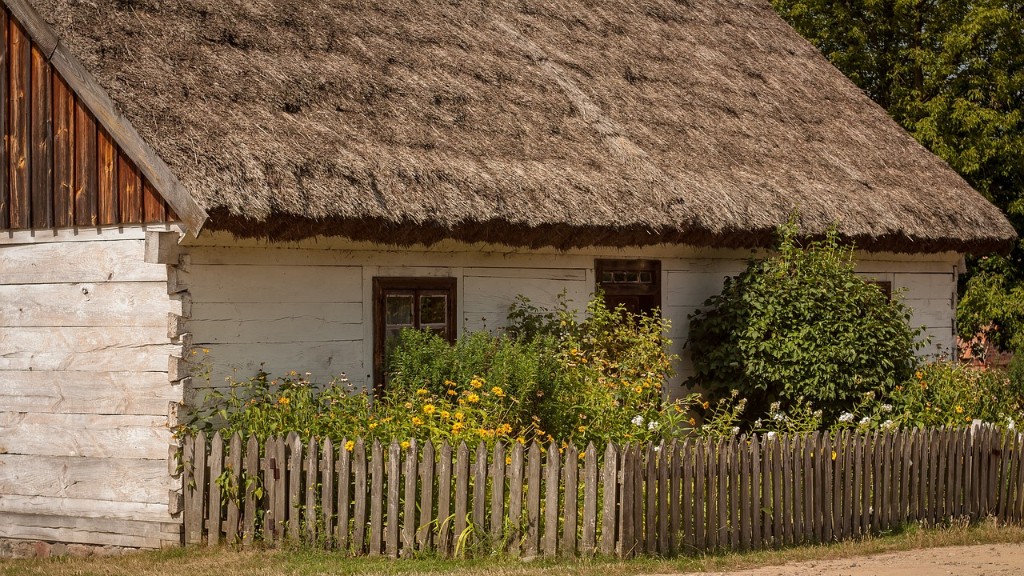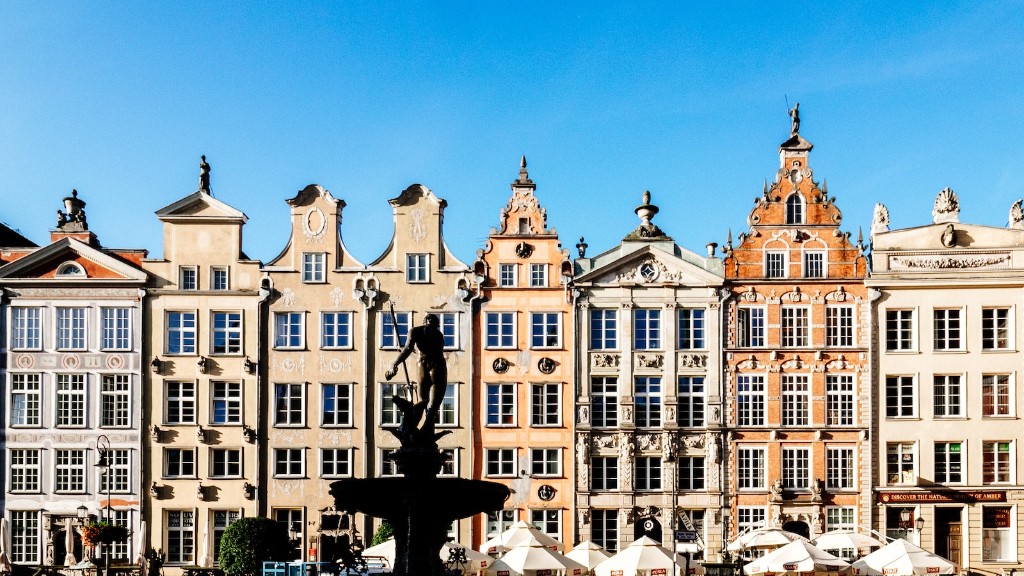Overview
Poland is a country with a rich culture and beautiful language. Demonstrating appreciation and gratitude can be expressed in various ways, and it is important to understand the language of your hosts. Whether you are travelling to Poland, or are interested in learning the language, you will want to know how to say “thank you” in Polish. Being able to demonstrate your appreciation in their language can help you develop relationships, as well as endear yourself to the locals.
Understanding the Language
Polish is a Slavic language, which shares a great deal of similarities with Russian, Slovak, Czech, and Ukrainian. This means that many of the same grammar and syntax rules will apply. There are also some features of Polish that you should be aware of, including the case system, which gives each noun several different forms that reflect the noun’s function in the sentence.
The other major component of Polish is its pronunciation. Unlike English, which is a language with mostly one-syllable words, Polish phrases are usually made up of multiple syllables, and knowing how to pronounce them properly can help you understand and be understood.
The Polish Words for Thank You
In Polish, there are several words for “thank you.” Depending on the context, some are more appropriate than others, and it can be helpful to know them all. The most common word is dziękuję, which translates to “I’m thanking you” or “I thank you.” It can be used in everyday conversations, and even in more formal settings.
Another useful phrase is dziękuję bardzo, which translates to “thank you very much.” This is a more formal way of expressing appreciation and is typically used in more formal settings. It can also be shortened to Dziękuję bardzo! and pronounced as “jenkoo-yeh.”
Other Ways to Express Gratitude in Polish
In addition to the words for “thank you,” there are other ways to express gratitude in the Polish language. One way is to use the phrase mam zaszczyt, which translates to “I’m honored.” This phrase is often used to express appreciation and respect for someone, such as when they do something kind or generous.
Another phrase is serdecznie dziękuję, which translates to “warmly thank you.” This is also a formal phrase that can be used to express appreciation and respect, especially when the person you are thanking has done something especially kind or generous.
Practicing and Feeling Confident
The best way to become proficient at expressing gratitude in Polish is to practice. Talk to native speakers, or try to have conversations with other people who are learning the language. In addition, there are a number of online resources that can help you learn the language. With a little bit of practice and patience, you will soon be able to express yourself comfortably and confidently in the Polish language.
Practicing Good Etiquette
Being able to say “thank you” in Polish is an important part of good etiquette and can help you create positive and lasting relationships with the locals. Whether you are travelling to Poland or simply interested in learning the language, make sure you practice the phrases and try to use them in everyday conversations.
It is also important to remember that gestures of thanks are not just verbal. A simple gift, or an offer to help out in some way, can also be appreciated in the Polish culture. Taking the time to show your appreciation in the right way and with the right words will help you create positive relationships and make your stay in Poland more enjoyable.
Being Considerate Towards Elders
In Poland, it is important to show respect to elders, and there are certain phrases that should be used when speaking to them. In addition to the formal versions of “thank you,” such as dziękuję bardzo and serdecznie dziękuję, it is also polite to use the phrase bardzo dziękuję, which translates to “very thank you,” and is typically used when expressing gratitude towards someone older than you.
It is also important to remember that inPolish culture, elders should always be addressed formally. So instead of using first names, you should address your elders using their titles, such as pan (mister) or pani (miss). This small gesture of respect can go a long way in helping to build relationships in Poland.
Using the Correct Phrase At the Right Time
When expressing gratitude inPolish, it is important to remember that the context in which you are using the phrase can make a big difference. Therefore, it is essential that you are familiar with the different phrases for “thank you” and that you know which one to use in a specific situation. For example, if someone has done something kind for you, it would be more appropriate to use the phrase dziękuję bardzo, rather than a more informal phrase like dziękuję.
It is also important to remember that the tone you use when speaking can also make a big difference. Try to be polite and respectful when you speak, as this will help to show your appreciation more effectively.
Expressing Gratitude Online
When using the internet in Poland, it is important to remember that the same rules for good etiquette and respect apply. If someone has sent you an email or sent you a message on an online forum, it is polite to respond with a thank you message. It can be helpful to use one of the phrases mentioned above, such as dziękuję bardzo or serdecznie dziękuję.
When using online forums, it is also important to remember that the tone of your messages can sometimes be misconstrued, so it is important to be careful when phrasing your responses. Try to use polite language, and it is always helpful to end your messages with a thank you, as this can help to make your message more meaningful and appreciated.
Saying Thank You in Polish In Conclusion
In conclusion, being able to say “thank you” in Polish is an important part of understanding the culture and developing relationships with the locals. There are several different phrases that can be used to express your gratitude, from the more common dziękuję to the more formal dziękuję bardzo or serdecznie dziękuję. It is important to remember to be respectful and to use the right phrase in the right context, as this will help to demonstrate your appreciation more effectively. With a bit of practice and patience, you will soon be expressing your gratitude in the Polish language.
